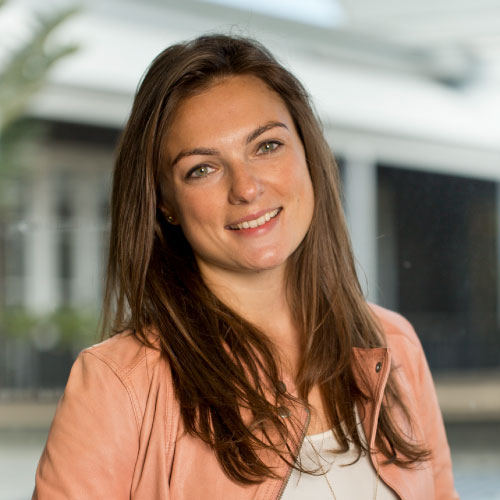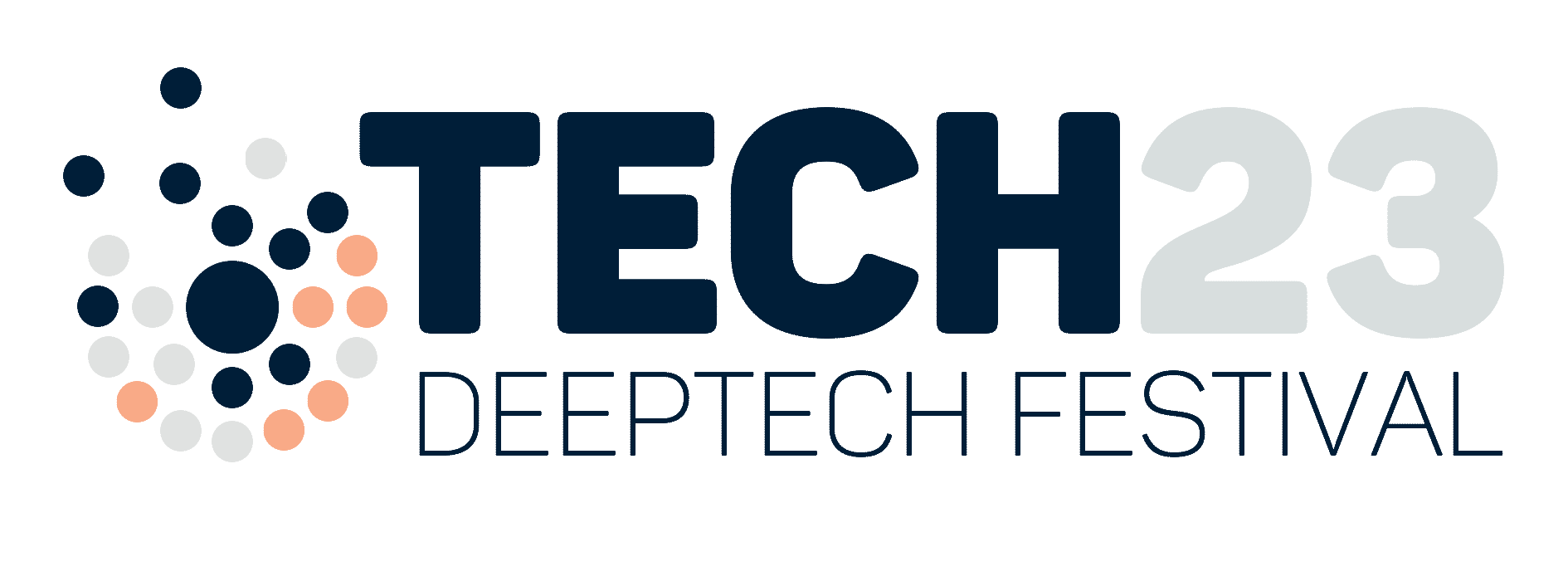AI Conclave Speakers
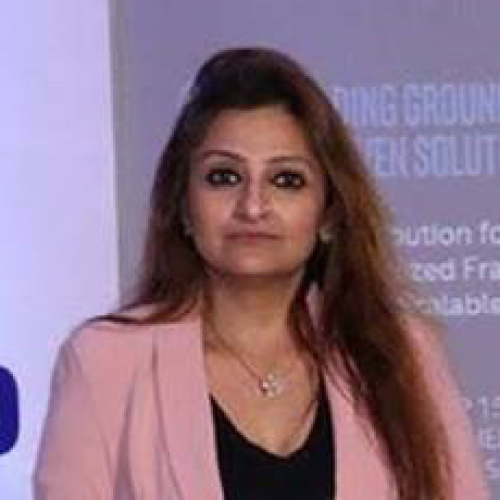
Akanksha Balani
Akanksha has the charter to drive optimised value on all Intel® technologies on Cloud. She has been driving focused strategies to help build HPC, IOT and AI knowhow on Intel across the region. In her tenure at Intel, Akanksha built many developer and data scientist related programs like code modernisation workshops, software developer conferences, HPCDEVCONs and since the past 16 years has managed to tech skill over 100,000 developers. Prior to her career at Intel, Akanksha was market evangelist for Microsoft. She holds a double MBA from UCLA and a DCE from BU.
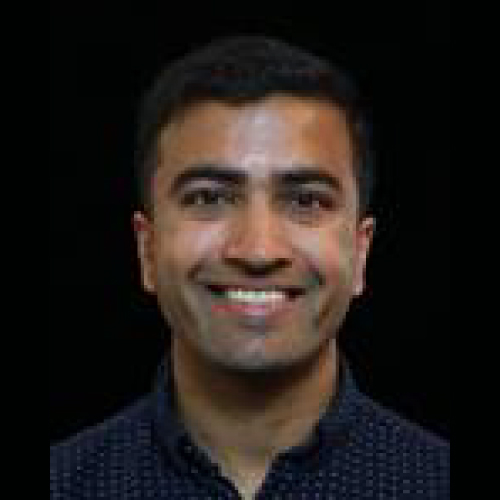
Rohit Bhargava
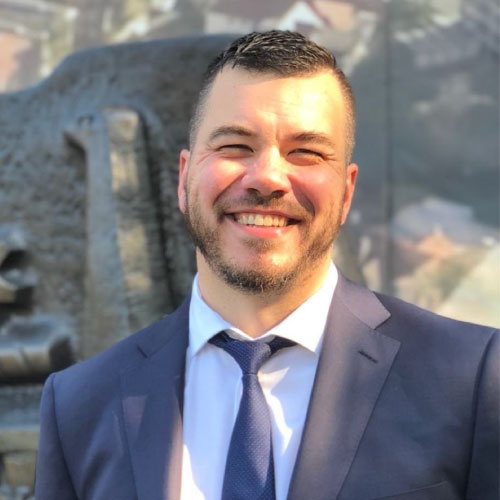
Tim Bradley
In 2005 Tim accepted a position as an Associate Lecturer with the Australian National University’s Faculty of Economics. Tim taught undergraduate and graduate courses in micro and macro-economics, trade theory and public finance. He also worked with the Australian Centre for Regulatory Economics to develop professional courses in regulatory economics.
From 2007 to 2014 Tim was employed as an economic consultant, where his engagements regularly required complex (often quantitative) analyses of economic issues including cost benefit modelling, forecasting and CGE. Tim’s projects frequently involve consultations with a wide range of stakeholders (including policy makers, regulators, industry, service providers and community groups). He takes a leading role in the consultation process including facilitating workshops, presenting to stakeholder forums and hosting face to face interviews.
Tim joined the Department of Industry, Innovation and Science as General Manager of the Economic Advice Service in 2014. In this role, Tim led a team of around 30 economists, researchers and data specialists that provided advice to the department and to ministers on economic issues relevant to the portfolio.
From 2018-2020, Tim represented DISER as Minister Counsellor (Industry, Science and Education) at the Australian Embassy in Washington DC.
Tim now heads DISER’s Emerging Technologies and Adoption Branch. In this role, Tim is responsible for driving the Government’s agenda as it relates to Artificial Intelligence, Blockchain, Quantum and other emerging technologies and currently represents the Australian Government on the OECD’s Network of Experts on AI.
Tim has a Masters degree in Commercial Law from the University of Melbourne, a Masters degree in Political Economy from the University of Sydney and a Bachelor of Economics (Hons) from the Australian National University.
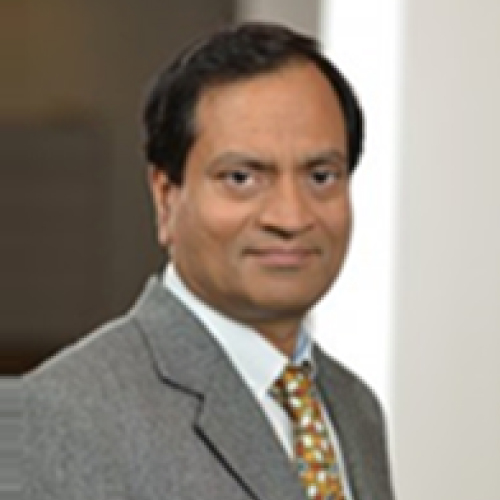
Pradeep K. Dubey
Pradeep previously worked at IBM’s T.J. Watson Research Center. He has made significant contributions to the design, architecture and application performance of various microprocessors, including the IBM Power PC, the Intel386™, Intel486™, Intel® Pentium®, and Intel Xeon® processors.
Pradeep holds 36 patents and has published more than 100 peer-reviewed technical papers. In 2012, he was honored with an Intel Achievement Award for breakthroughs in parallel computing research, and was honored with Outstanding Electrical and Computer Engineer Award from Purdue University in 2014. Pradeep holds a Ph.D. in electrical engineering from Purdue University. He is also a Fellow of IEEE.
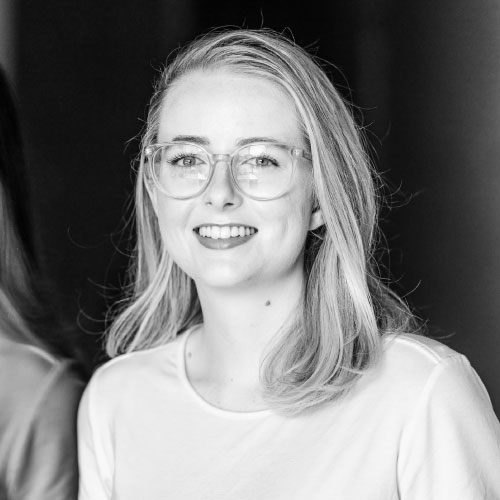
Casey Flint
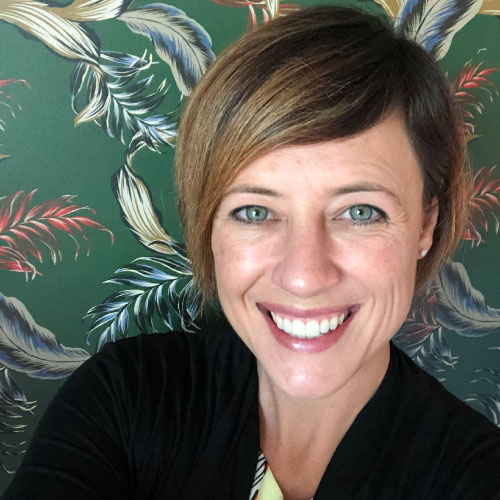
Colette Grgic
For over a decade Colette has contributed to our innovation community across startups, accelerators, corporate innovation and university R&D. Taking her learnings from her own startup adventures, she set out to help another 150 founders in Australia and Southeast Asia build their startups from scratch at a venture studio. She is a board member at Heads over Heels, an organisation which turbo-charges customer connections for women-led startups, and advisory board member for the School of Transdisciplinary Innovation at UTS. Having seen hundreds of patterns of success and failure she now leads the Startup team at AWS, working with founders and partners to grow the ecosystem and have impact at scale, at a company where it is always Day 1.
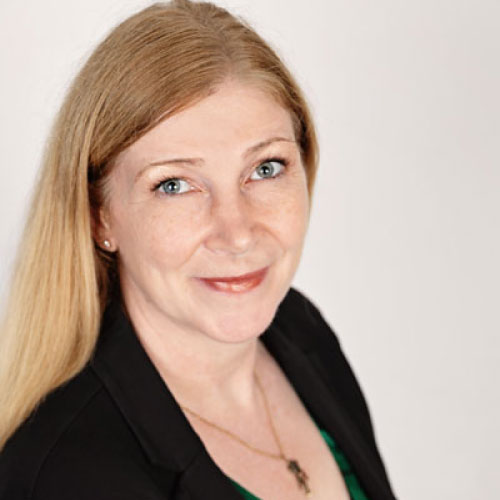
Sue Keay
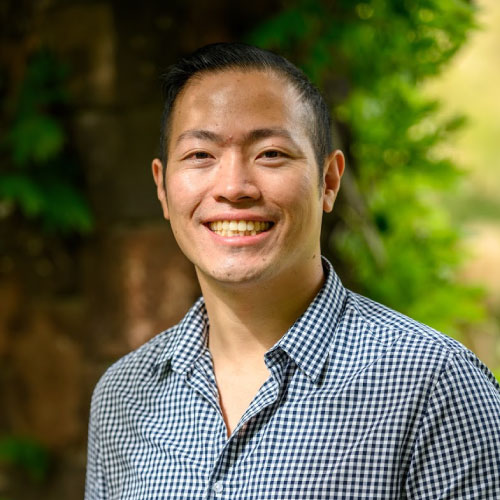
Andrew Lai
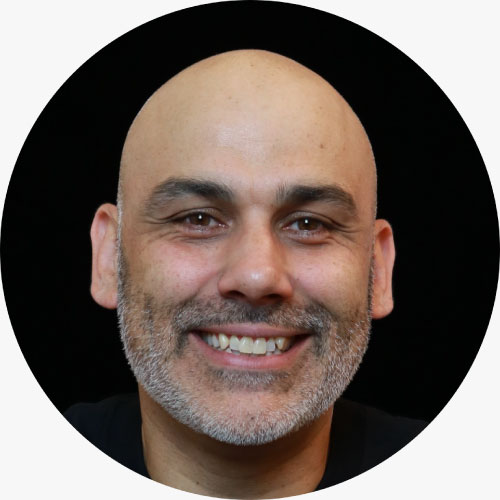
Dave Lemphers
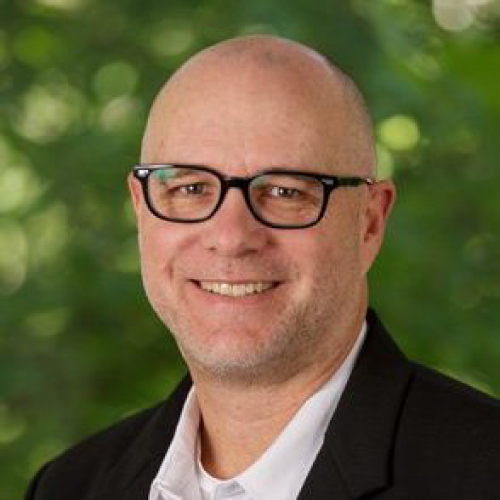
Matthew Macfarlane
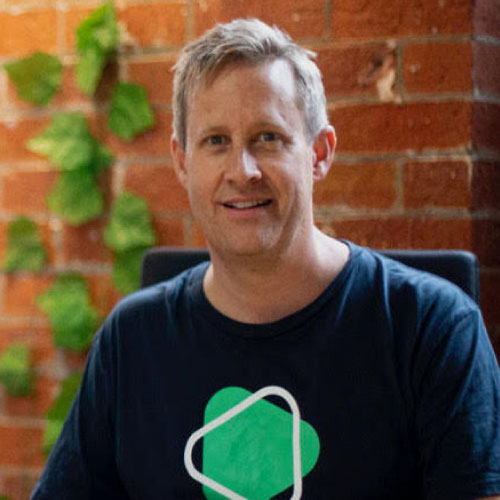
Dr Iain McCowan
Iain is a 20-year veteran of machine learning and speech technologies. Previously, he founded Dev-Audio which developed an innovative speech-enabled microphone array product and was acquired by Biamp Systems in 2014. Before this, Iain worked as a Principal Research Scientist at CSIRO (Data61) and the IDIAP Research Institute exploring real-world applications of cutting edge natural language processing and machine learning techniques.
Iain holds a Ph.D., B Eng, and B. IT from the Queensland University of Technology. He has particular expertise in the development of multi-microphone devices, digital signal processing (DSP), speech & audio signal processing, speech-to-text (STT), and far-field speech recognition. Iain is an Adjunct Professor with the School of Electrical Engineering and Computer Science, Science, and Engineering Faculty at the Queensland University of Technology.
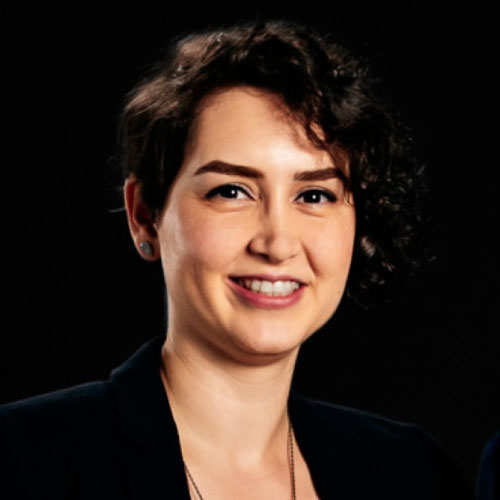
Sadaf Monajemi
Before starting See-Mode, Sadaf completed her PhD in the National University of Singapore, focusing on machine learning and AI for medical applications. Applying her expertise in AI, she has tackled complex biomedical problems for more than 10 years and has been recognised as the featured honouree in Forbes 30 Under 30 Asia and MIT Technology Review in 2020.
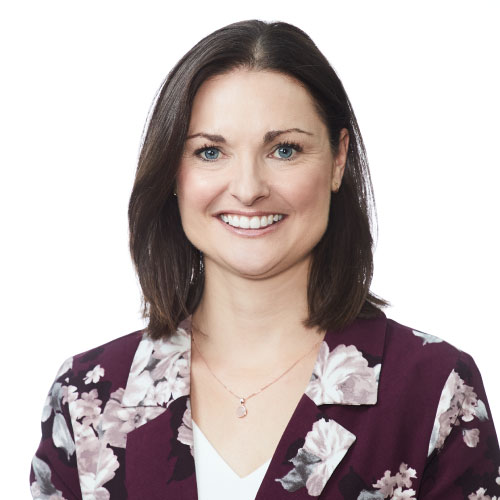
Dr Michelle Perugini
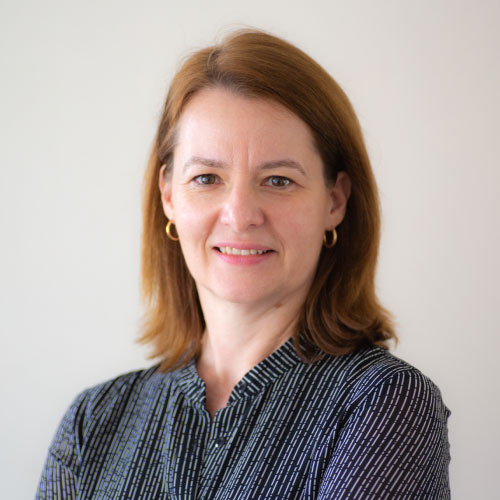
Dr Silvia Pfeiffer
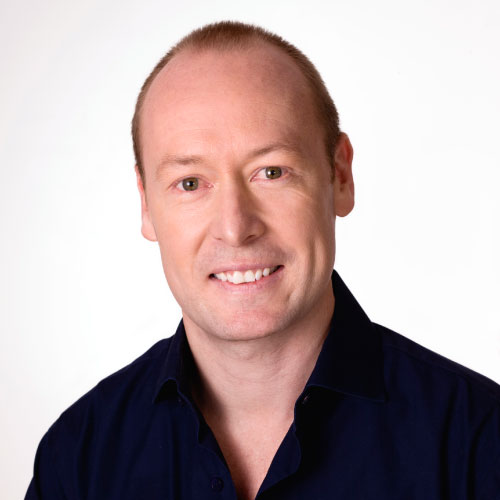
Ben Rolleston
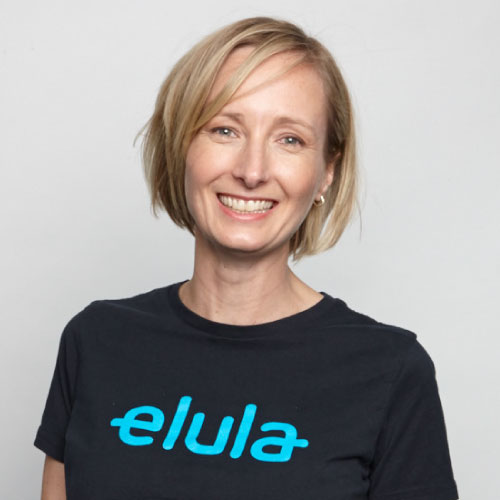
Sarah Russell
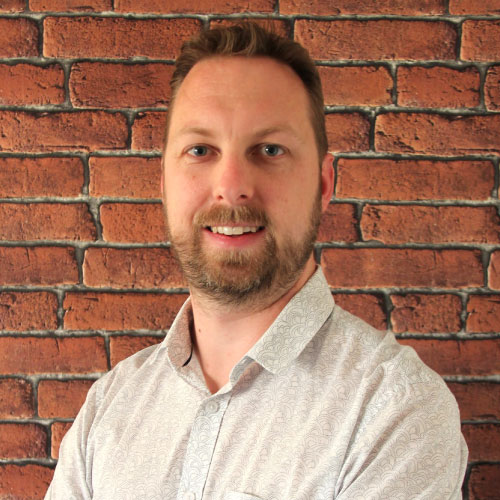
Bradley Scott
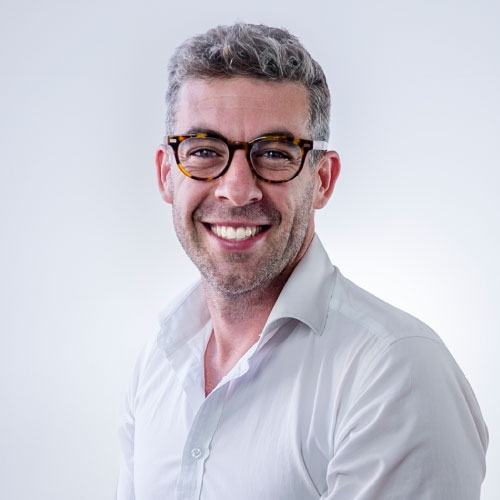
Richard Shanahan
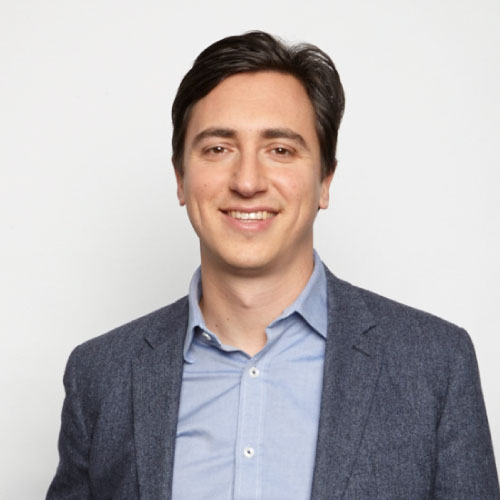
Joshua Shipman
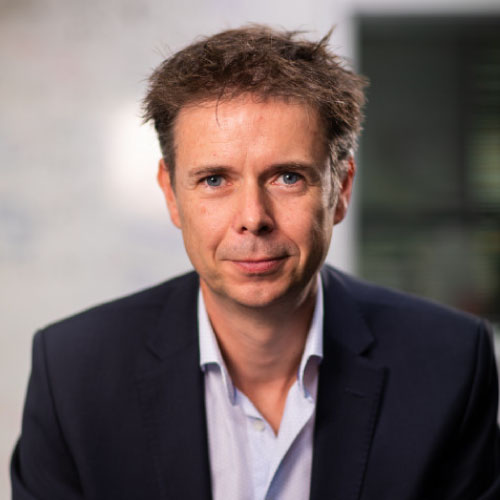
Anton van den Hengel
Prof van den Hengel has won a number of awards, including the CVPR Best Paper prize in 2010, the Pearcey Foundation Entrepreneur Award, and the SA Science Excellence Award for Research Collaboration. He has authored over 300 publications, has an h-index of 56, has had 8 patents commercialized, formed 3 start-ups, and has recently had a medical technology achieve first-in-class FDA approval. Current research interests include deep learning, vison and language problems, interactive image-based modelling, large-scale video surveillance, and medical machine learning.
Prof van den Hengel and his team have developed world leading methods in a range of areas within Computer Vision and Machine learning, including methods which have placed first on a variety of international leaderboards such as: PASCAL VOC (2015 & 2016), CityScapes (2016 & 2017), Virginia Tech VQA (2016 & 2017), and the Microsoft COCO Captioning Challenge (2016). Professor van den Hengel’s team placed 4th in the ImageNet detection challenge in 2015 ahead of Google, Intel, Oxford, CMU and Baidu, and 2nd in ImageNet Scene Parsing in 2016. ImageNet is one of the most hotly contested challenges in Computer Vision.
